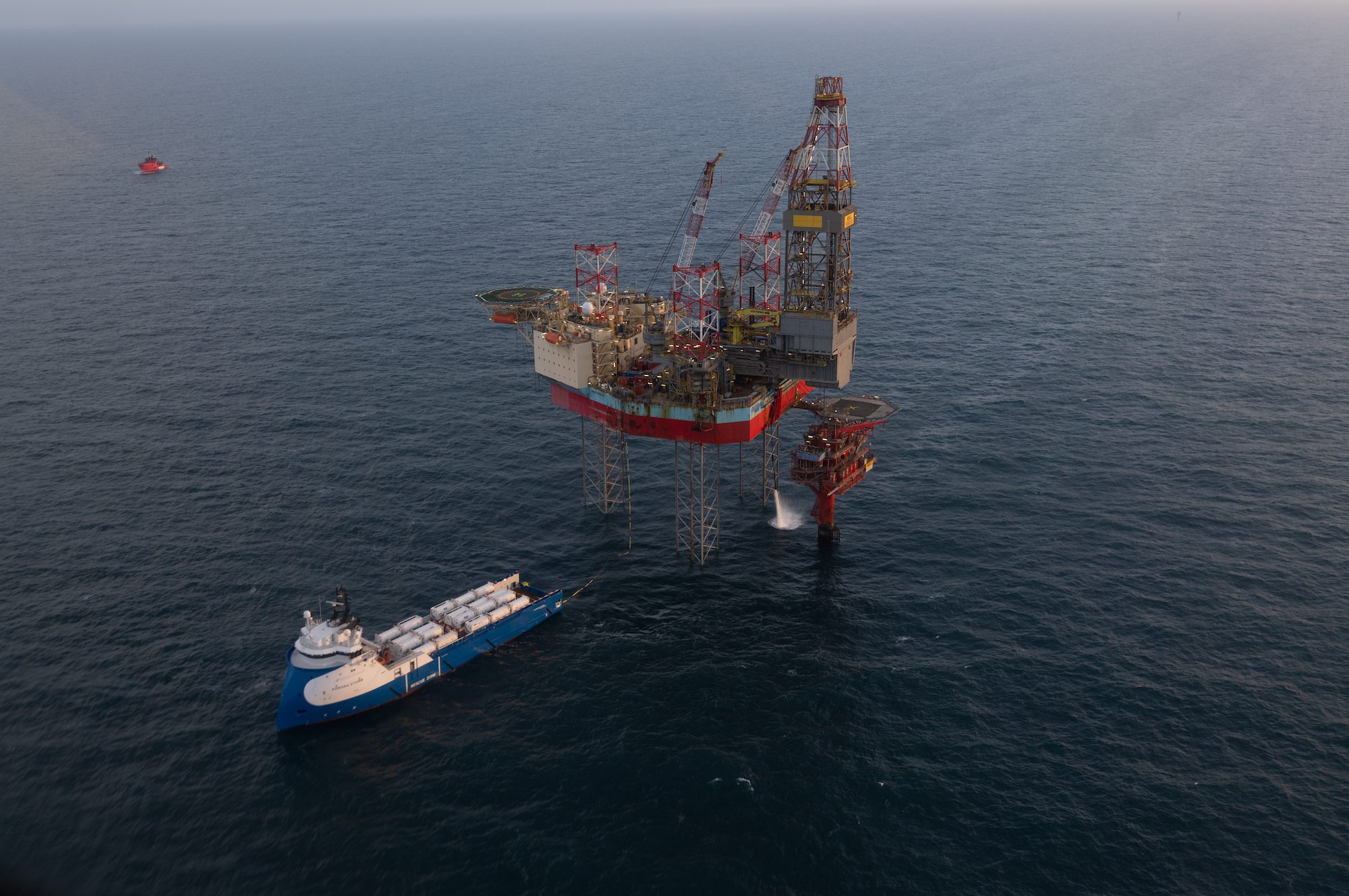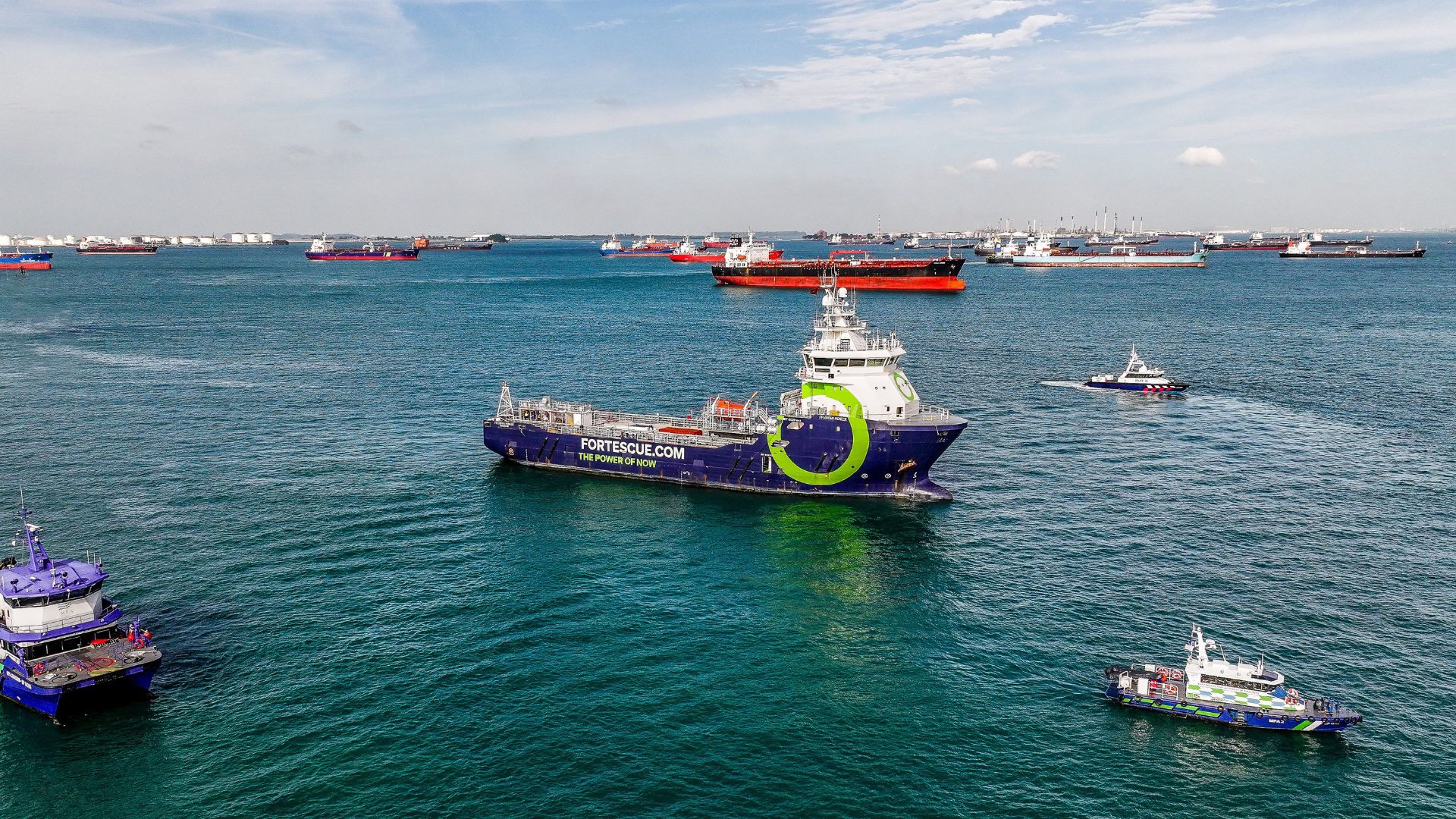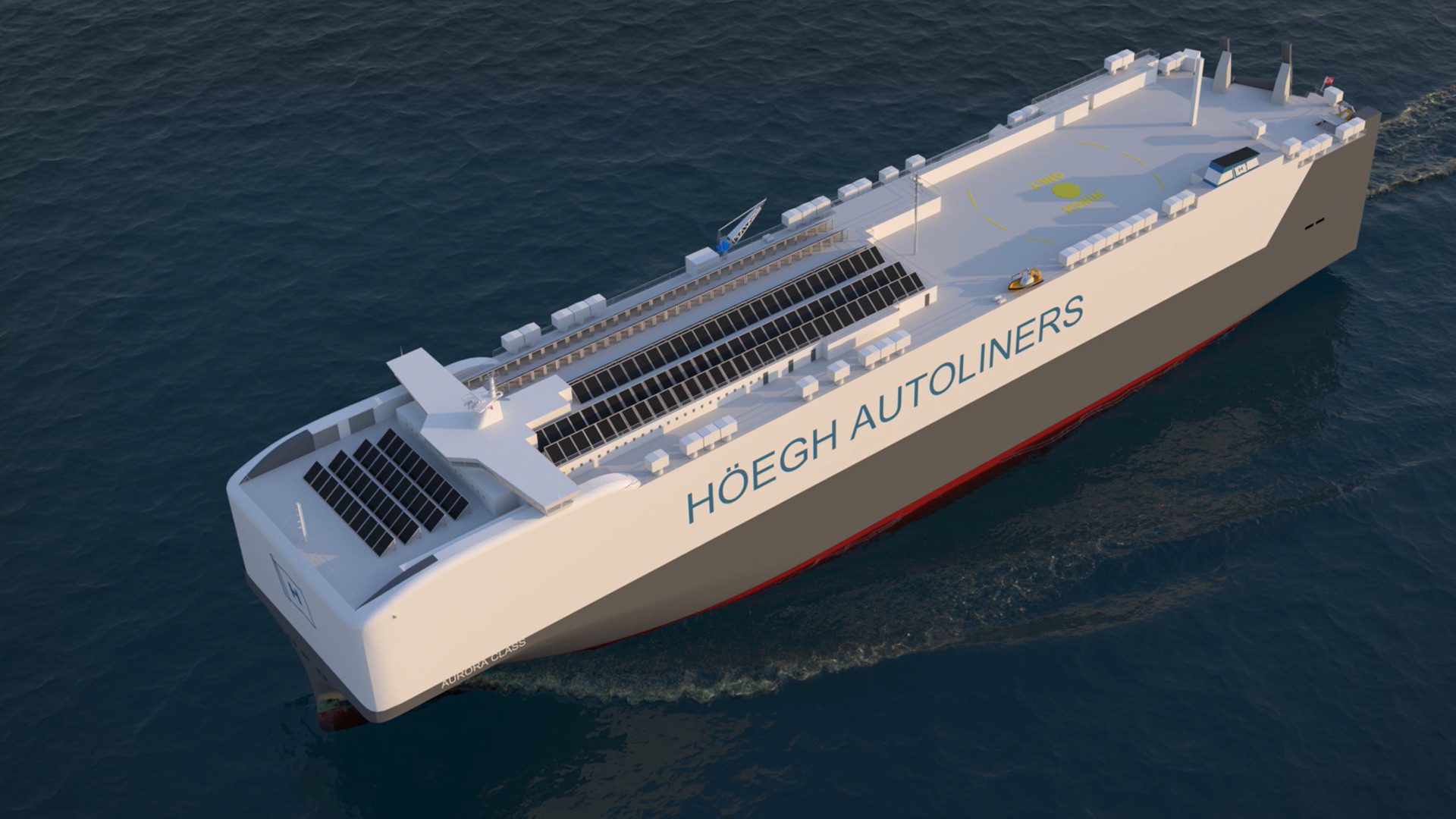Ørsted, a leading Danish renewable energy company, has been awarded a 20-year contract by the Danish Energy Agency (DEA) for its carbon capture and storage (CCS) project called ‘Ørsted Kalundborg Hub’. This project aims to establish carbon capture facilities at Ørsted’s Asnæs Power Station in Kalundborg and the Avedøre Power Station’s straw-fired boiler in the Greater Copenhagen area.
The contract is a significant milestone for Ørsted as it aligns with the objectives outlined by the UN’s Intergovernmental Panel on Climate Change (IPCC) to combat climate change through the capture and storage of biogenic carbon dioxide (CO2). The CCS project is expected to play a crucial role in achieving Denmark’s climate targets for 2025 and 2030.
Under the agreement, the Asnæs and Avedøre combined heat and power plants will begin capturing and storing approximately 430,000 tonnes of biogenic CO2 annually, starting in 2025. The captured biogenic CO2 will then be transport and stored at the Northern Lights reservoir in the Norwegian North Sea.
The project’s realization marks the first step towards establishing a large-scale CO2 infrastructure throughout Denmark. In addition to capturing and storing its own biogenic CO2, Ørsted’s Asnæs Power Station may also serve as a hub for shipping CO2 produced by other emitters.
To execute the project, Ørsted has partnered with Aker Carbon Capture, a Norwegian leader in carbon capture technology. Aker Carbon Capture will provide five Just Catch™ units, which are modular and configurable carbon capture solutions. This collaboration will enable efficient production and deployment of the carbon capture units, supporting Ørsted’s decarbonization efforts and Denmark’s ambitions in carbon capture, utilization, and storage (CCUS).
The captured biogenic CO2 from the Asnæs and Avedøre combined heat and power plants will be transported to the Northern Lights storage reservoir in the Norwegian part of the North Sea. Ørsted has signed a contract with Northern Lights, the organization responsible for developing a CO2 transport and storage infrastructure. The Northern Lights project’s first phase, scheduled for completion in 2024, is currently the most advanced carbon storage site in the North Sea.
A key advantage of capturing biogenic carbon from biomass-fired combined heat and power plants is the ability to not only reduce but also remove CO2 from the atmosphere. As biogenic carbon from sustainable biomass is part of a natural biogenic carbon cycle, this process allows for the creation of negative emissions.
The collaboration between Ørsted and Microsoft also plays a significant role in advancing the project. In March 2021, Ørsted, Aker Carbon Capture, and Microsoft signed an agreement to develop a commercial and technical setup that combines carbon capture with clean energy production from biomass-fired combined heat and power plants. Microsoft has committed to purchasing 2.76 million tonnes of high-quality, durable carbon removal over 11 years from the capture and storage of biogenic carbon from Ørsted’s Asnæs Power Station, marking one of the largest carbon removal offtake agreements by volume.
The Ørsted-Microsoft agreement underscores the commercial value associated with carbon capture and removal. Given the early stage of bioenergy-based CCS, both Danish state subsidies and Microsoft’s contract were necessary to make the project financially viable.
Also read: Ørsted Invests in Swedish E-Methanol Project to Help Decarbonize Shipping
“Our landmark long-term agreement with Ørsted for high-quality carbon removal supports Microsoft’s commitment to become carbon-negative by 2030, sends a strong demand signal to scale the market, and showcases the power of partnership and the technological innovation needed to help the world make the clean energy transition,” said Melanie Nakagawa, Chief Sustainability Officer at Microsoft.
By establishing a commercial setup for negative emissions that offers transparency and reduces the cost and time required for carbon offsets, CCS can transition from relying on subsidies to operating on market terms, similar to the development of other renewable energy solutions like solar photovoltaic and wind energy.
In addition to carbon capture, the project will integrate the captured carbon with the combined heat and power plants, allowing surplus heat to be generated. The carbon capture process at the Avedøre Power Station’s straw-fired boiler has the potential to regenerate approximately 35 MW of surplus heat, while the Asnæs Power Station’s process could generate approximately 50 MW of surplus heat. This surplus heat will be used to provide district heating to around 11,000 households in Kalundborg and 20,000 households in the Greater Copenhagen area.
The tender procedure for the Ørsted Kalundborg Hub project is nearing completion, pending the signing of the contract between Ørsted and the DEA. Construction of the carbon capture units at the Asnæs and Avedøre combined heat and power plants is expected to commence in June 2023.
Related Article: Ørsted Makes Final Investment Decision on World’s Largest Offshore Wind Farm

 Join The Club
Join The Club











